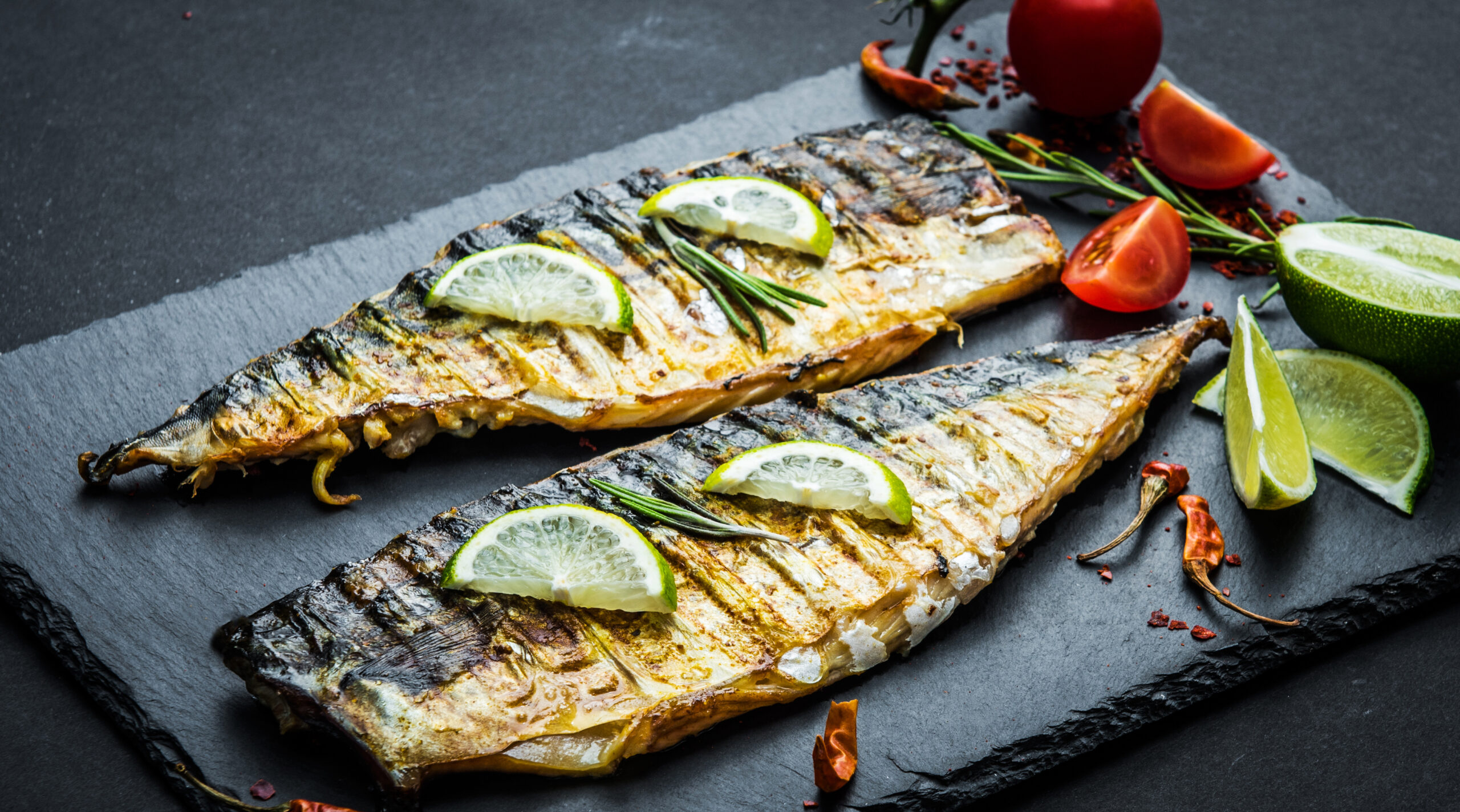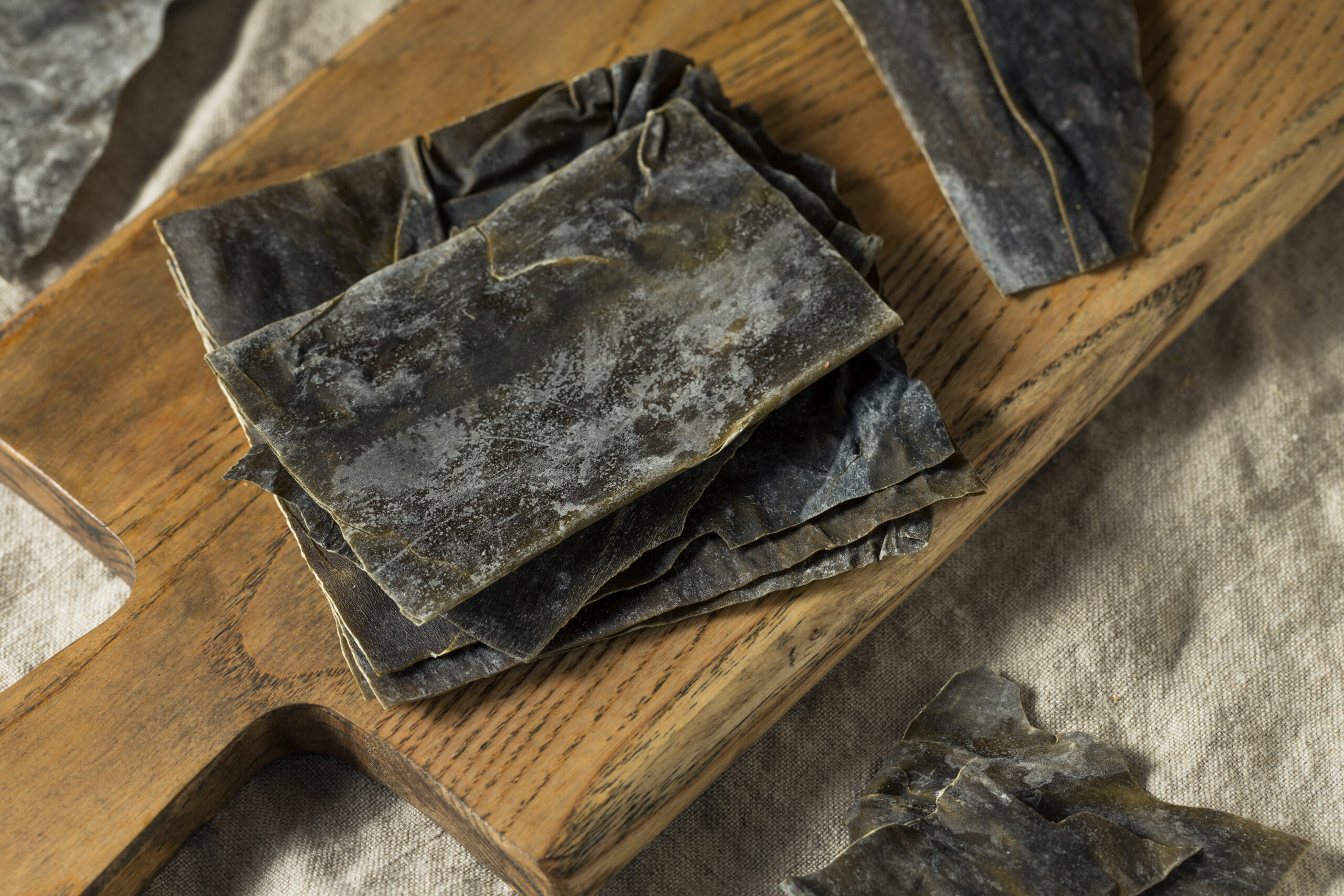If you follow dietary trends, you’ve undoubtedly heard various takes on low-carb diets. There’s Keto, Paleo, and many more general “carbs are the enemy” lines out there, and while each is valid in its own way, none changes one simple fact:
Bread is delicious.
So is pasta. And rice.
So where’s the happy medium? It stems from how the products are produced and what they are made with. Avoiding refined carbs and added sugars are imperative, especially for those of us with arthritis, as there are documented links between certain carbohydrates and inflammation.
The good news is that you don’t have to ban the pan in order to keep your joint pain and inflammation in check. There are many healthier options, some of which are downright good for you. Let’s look at what types of carbs are part of a healthy, joint-healthy diet — and which kinds should be left on the shelf.
Healthy carbohydrates to help you fight inflammation
Choose corn over flour, when possible.
Corn can be substituted for unhealthy, processed carbs in many common scenarios, such as tortillas. By choosing corn tortillas over white flour the next time you dine at a Mexican restaurant or decide to whip up fajitas at the house, you’re eliminating one of the more common sources of refined flour.
The beauty of corn tortillas is their versatility. Warm them slightly (while still maintaining softness) for delicious street tacos. Toast them until browning occurs for tostadas or to use as a “vehicle” for dips and toppings.
When opting for potatoes, the sweeter the better
Sweet potato fries are now commonplace on restaurant menus, the result of an increasing push for healthier sides that still offers the indulgence of the deep fryer. And it’s for good reason — sweet potatoes are high in Vitamin C and beta-carotene, which can have a positive impact on areas where other complex carbs like brown rice or wheat bread may not.
Sweet potatoes can be swapped for nearly any occasion that you’d use other potatoes for. They make great Potatoes O’Brien, bake well whole, and can be diced and sauteed into stir-fries and other skillet dishes. If you’re feeling truly adventurous, try shredding them as a crust for your next quiche — you’ll be able to rightfully claim that you made the entire thing by hand!
Beans and legumes
Adding beans to your breakfast or on the side with dinner does more than just fill you up. Beans are excellent sources of complex carbs along with potassium, protein, and fiber. Keep it interesting by stocking your cabinet with many different types of beans, whether you cook them yourself or buy the canned version for quick heat-and-go meals.
Here’s a Haka Life Hack — when dining out, look for appetizers that contain beans. They’re more common than you’d think, from salted edamame at Japanese and Chinese spots to dips at Mexican and American joints. Because beans make their way into so many “splurge” dishes, you can focus on the bright side the next time you opt to indulge.
Brown rice, quinoa, and whole wheat
We haven’t forgotten the bread lovers (because we’re in that category ourselves). After a few stir-fries made with properly cooked and seasoned brown rice, the plain white rice you used to crave won’t even tempt you anymore. Brown rice and quinoa are among the most versatile base foods out there, adding fiber and complex carbs to any dish with the bonus of being filling. We suggest preparing a large batch on Sunday and sticking it in the fridge — then grabbing a serving in the morning when prepping food to go for the day.
Whole wheat bread and tortillas are a “same-same but different” option. When thinking about bread, look for options that don’t have refined white flour. This eliminates most types of bagels, muffins, donuts, and the like — but certainly not all. Power bagels or whole-grain bread and pastry options are increasingly common and popular at bakeries these days, and the same goes for grocery store shelves and restaurant menus.
Carbs that may trigger inflammation
On the other side, here are a few unhealthy carbohydrates that you should try to avoid as much as possible. In general, the culprit here is refined white flour — which can inflame liver fattiness, increase blood pressure, and worsen your overall mood as the food is filling but lacks proper nutrition.
Bagels, donuts, and pastries
Outside of the whole wheat options, we discussed above, many common bakery items are built on refined white flour and should be avoided. These items also tend to be loaded with added sugars, high amounts of butter, or other unhealthy fats, and made in portions far too big for one person to consume in one sitting with any sort of good conscience.
Breads that aren’t built from whole wheat flour
Potato bread, white sandwich bread, and loaves loaded with sugar such as cinnamon raisin are not going to sit well with your arthritis or joint pain. “Soft” white bread falls into the same category. In general, shopping for bread can be viewed as the opposite of shopping for vegetables. As veggies are best when bright and colorful, the healthiest types of bread tend to be darker and firmer.
And of course, labeling something as “gluten-free” may mean it doesn’t have gluten — but it in no way makes it healthy. Unless you have Celiacs or otherwise need to avoid gluten, don’t opt for gluten-free options because many (especially bread) fills in the blank with more refined carbs, sugars, and processed ingredients.
Sugary drinks and foods
This article is focused primarily on bread and starch, but we’d be loathed to talk about carbs without touching on sugar. Whenever possible, avoid foods with “added sugars” such as brightly colored candies and sugary drinks like soda and many fruit juices, When looking for sweet treats or beverages in the store, follow the “golf principle” — the fewer ingredients, the better the score.




















